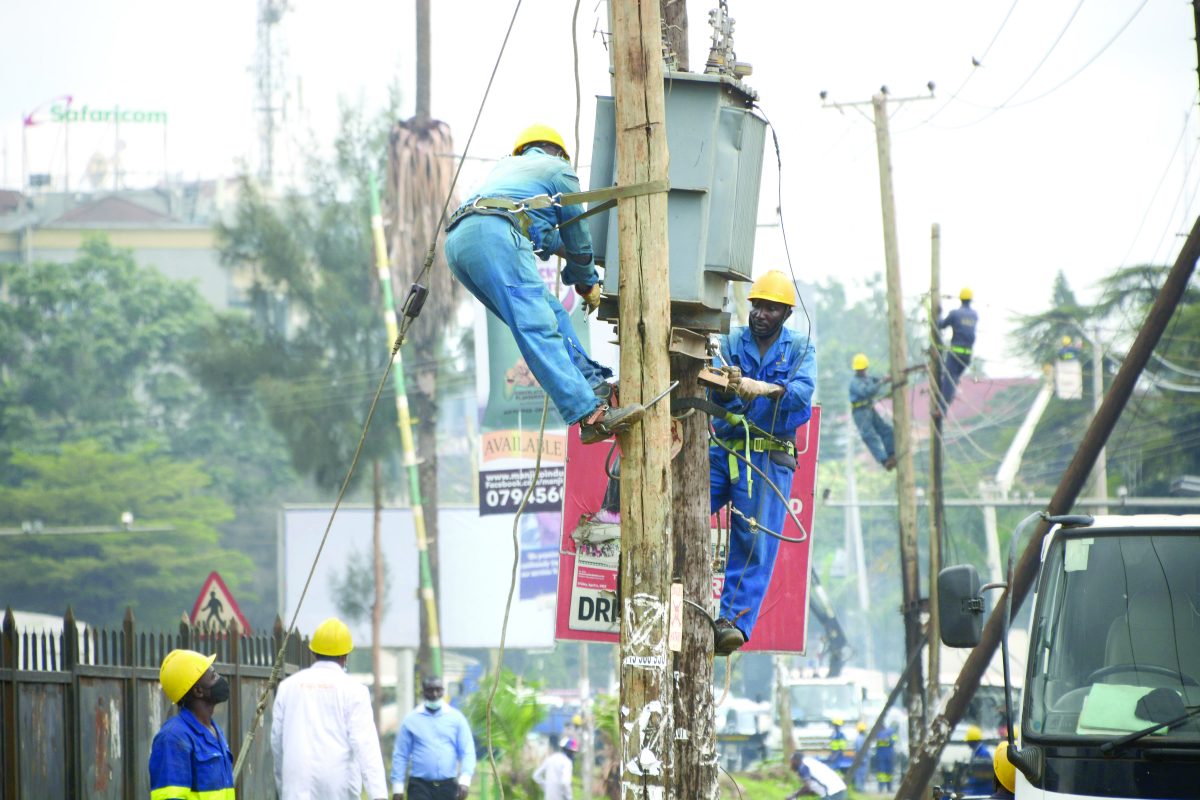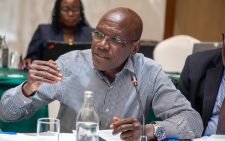Kenya Power rules out use of own cash for random projects

Kenya Power (KP) has said it will not be compelled to undertake unplanned projects using its own resources with a promise of refund.
New Managing director and CEO Joseph Siror said the projects pushed by the government have placed the firm in financial trouble, partly explaining the high cost of electricity that consumers are footing and which needed to be addressed.
“Kenya power being pushed to use its resources in the name of you will be refunded, I think that is a space that we may be hesitant to work,” he said. “It is unfortunate that the problem with history is that no one learns from history. I think I am going to learn from history, what has transpired from the past,” he added.
Siror was speaking to the media for the first time yesterday since his May 2, 2023 appointment, giving a roadmap that would steady the listed power utility distributor from its current headwinds.
Commensurate returns
He said the last mile connectivity project that the government intended to use in expanding the distribution network in the country in 2013, and the instruction by the executive last year to reduce the tariff by 15 per cent had dented KP’s bottom line when it took loans to finance projects without commensurate returns.
The Last Mile Connectivity Project, was meant to connect 1.2 million people in rural areas and slums to the power grid, partly to empower them to undertake economic activities. It was financed jointly with the government, and a $150 million (Sh20 5 billion) loan from the African Development Bank.
“In that ambitious process, one of the key implementing partners was Kenya Power. And it really ambitiously invested so much of this. But this was at the expense of Kenya Power because a number of times they were told to extend and on the promise that whatever they were spending to do some of the processes was going to be refunded, which never happened,” Siror said.
Though the project succeeded in increasing KP’s customers to nine million, Siror said 40 per cent of the utility distributor’s revenue comes from only 4,000 consumers, a situation made worse by the tariff reduction where the company is now subsidising 7.5 million consumers.
“That partly can explain why some feel the pain, the tariffs are already high. But if you are to remove the subsidy on the 7.5 million consumers, the pain will be less,” Siror said. As part of his plans to revitalise KP, Siror committed to increase demand and operational efficiency as well as reduce losses. “So if you were to pick the key issues, those will really be the area of my focus,” he said.
Siror said KP’s current system losses were 22.4 per cent, attributing them to lack of procurement of smart metres after the entire procurement team was sacked, a factor that had led to illegal connections.
Technology system
“Right now, we have unlocked it and a number of metres are being procured to ensure we metre all establishment,” he said.
In addition, he said he will pay special attention to the company’s Information Technology system, on which he said KP would leverage to monitor losses between the sub-stations, transformers and consumers with a view to rectifying the disparities.







